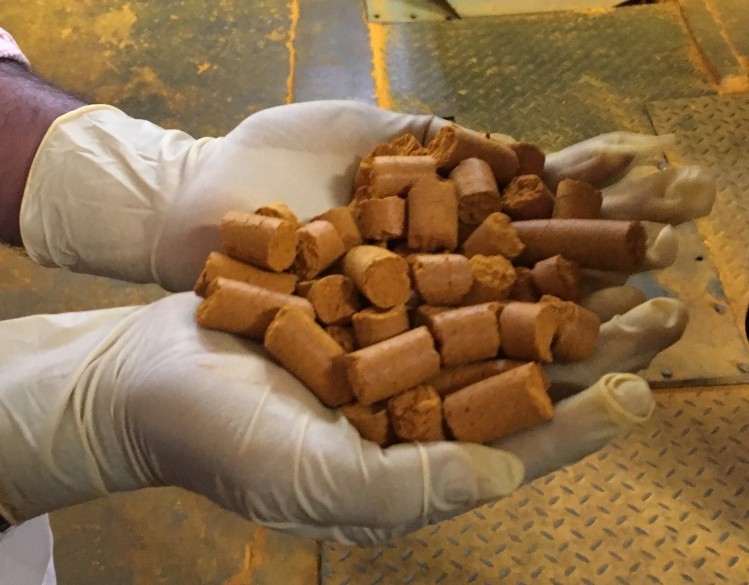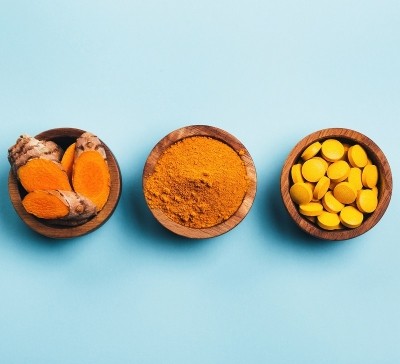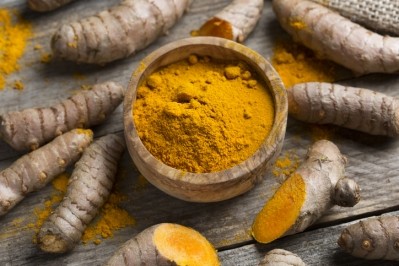Review: Curcuminoids suppress atherosclerosis, but most data comes from in vitro, animal models

The review, which was conducted by a team of researchers associated with institutions in India and China, takes a pharmacological approach to looking at the effects of curcuminoids in this regard. The research was published in the journal Molecules.
Common lifestyle condition
Atherosclerosis, or ‘hardening of the arteries’ in common parlance, is a multifaceted process by which arteries lose their elasticity and/or become lined with plaques consisting mostly of cholesterol and calcium. The inelastic arterial walls can have negative effects on blood pressure, and the plaques eventually constrict blood flow, sometimes with fatal consequences.
Atherosclerosis has become one of the most common ‘lifestyle’ diseases in the United States and worldwide. A recent study in the Journal of Clinical Lipidology had this to say: “Approximately 15% of the US adult population has either ASCVD (atherosclerotic cardiovascular disease) or diabetes with ∼7% being either recent ACS or stable CHD, and ∼6% having diabetes without ASCVD.”
Curcuminoids exhibit complex mechanisms of action
In addition to the antioxidant and anti inflammatory properties of curcuminoids, the review authors noted that evidence is growing of the molecules’ ability to beneficially alter cellular signaling mechanisms.
“There is growing evidence that curcumin can regulate different signaling molecules to retard the progression and development of atherosclerosis,” they wrote. This assertion was supported by reference to a 2018 Chinese study done on mice.
The authors noted that many complex mechanisms have been identified for curcumin’s effects in the circulatory system. Among these are effects on macrophages, the upregulation of proteins such as thrombospondin-4, and the modulation of the production of other proteins such as chemoattractant protein-1.
The authors referenced 42 separate mechanistic studies using various cell models, including mouse, rat, bovine and human cells. They also included evidence from 20 studies done in vivo with mice, rats, rabbits and one zebra fish study.
When it comes to human clinical data, there was much less go by, the authors said. The researchers referenced eight studies that supported curcumin’s cardiovascular disease benefits, with the usual caveats in dietary ingredient research.
“Studies with curcumin have potential limitations due to factors such as limited sample sizes; therefore, large-scale clinical trials are required to characterize the actual potential and identify the direct molecular targets of curcumin in treating atherosclerosis,” they said.
Bioavailability question sidestepped
One possible limitation of the review was that the authors omitted any discussion of the variable pharmacokinetics of different curcumin preparations. The poor absorption of these molecules has been a topic of discussion and a focus of product development for years. Therefore, it’s surprising that in a study with the word ‘pharmacological’ in its title that the authors would make no mention of this factor until the final sentence of their conclusion.
“Substantial experimental evidence suggests that curcumin prevents endothelial dysfunction, smooth muscle cell proliferation and migration, and foam cell formation and modulates macrophage polarization. Curcumin also counteracts inflammatory response, supporting its potential application in atherosclerosis treatment,” the authors wrote.
“Additional studies are required to improve or add meaningful insights into our understanding of the mechanism(s) of action of curcumin against atherosclerosis, especially in the clinical setting. In addition, the development of novel drug delivery systems, such as the creation of curcumin nanomicelles, is critical for improving the oral bioavailability of curcumin which may contribute to its clinical efficacy,” they added.
Source: Molecules
DOI: 10.3390/molecules26134036
Curcumin as a Natural Remedy for Atherosclerosis: A Pharmacological Review
Authors: Singh L, et al.
















